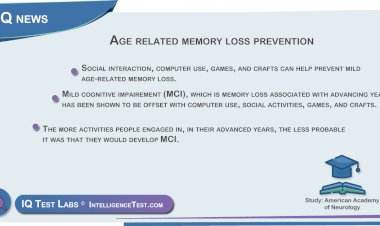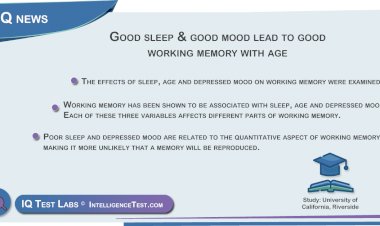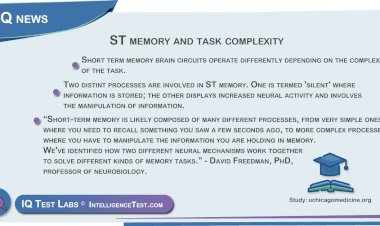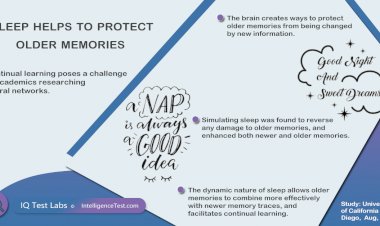Prospective memory: acting is the key to remembering tasks
Have you ever been shopping and returned home to find that you have forgotten to buy the very item you went shopping for?
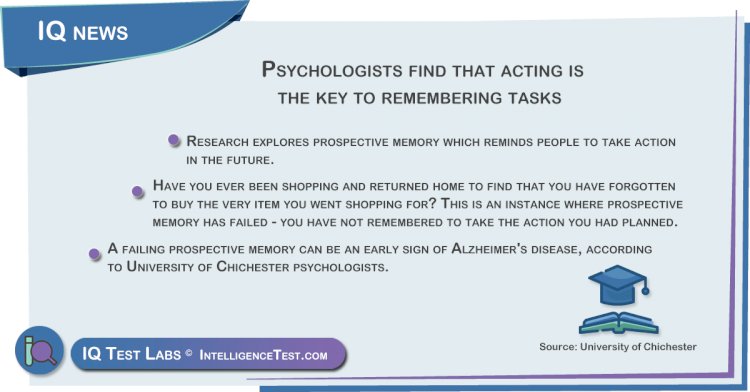
Main titles
- Prospective memory has failed when you have not remembered to take the action you had planned.
- Research explores prospective memory which reminds people to take action in the future.
- A failing prospective memory can be an early sign of Alzheimer's disease, according to University of Chichester psychologists.
- The study relied on an enhancement technique called encoded enactment, where subjects were encouraged to act through the activity they must remember to do.
- All age groups involved in the stury reported improvement in prospective memory, but it was particularly marked in those older subjects with mild cognitive impairment.
"Poor prospective memory can range from the vaguely annoying to life threatening, depending on the circumstances. We wanted to confirm two things - that prospective memory deteriorates with age and that enactment techniques might support those with a poor prospective memory." - Dr Antonina Pereira from the University of Chichester.
"The next time you would like to remember to pick up a pint of milk from the store on your way home, do not wait until you have got home to realise you have forgotten to do it. Instead, recreate the action you would like to remember, pretending that you are actually doing it, in as much vivid detail as possible. This might feel awkward to begin with, but it has been identified as an optimal technique to enhance prospective memory. It can have very long lasting effects and work even for people with cognitive impairment. Acting is the key." Dr Antonina Pereira's tip for overcoming poor prospective memory.
Source: eurekalert.org









